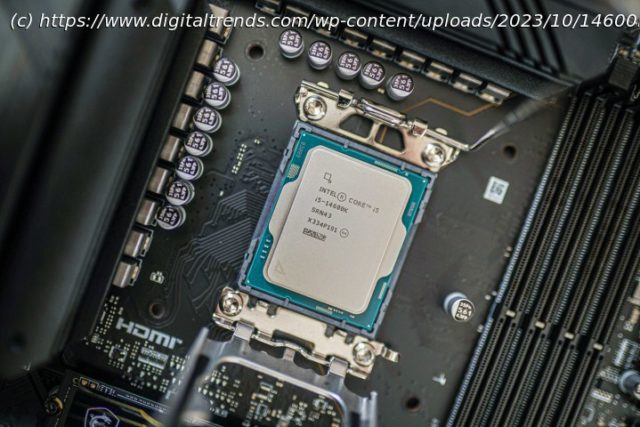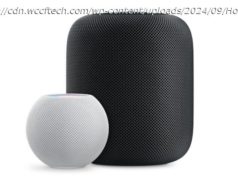AMD’s Ryzen 7 7800X3D is the best gaming CPU right now, but can Intel’s new Core i5-14600K be a better, more well-rounded option? Find out inside!
AMD’s Ryzen 7 7800X3D has been the undisputed best gaming processor ever since it came out. Thanks to the power of AMD’s 3D V-Cache, this CPU breezes through most games, but may not be the best option for productivity.
Intel, on the other hand, makes well-rounded chips, but can the new Core i5-14600K keep up with the Ryzen 7 7800X3D? We’ve tested both of those processors, and we’re here to share some in-depth benchmarks to help you make your decision.Pricing and availability
The AMD Ryzen 7 7800X3D came out on April 6, 2023, after quite a long period of anticipation. This chip is the direct follow-up to AMD’s Ryzen 7 5800X3D, which is another excellent CPU, and it still continues to be popular despite technically belonging to a “dead” platform. After all, AMD has moved on to AM5 with the Ryzen 7000 lineup.
Intel’s Core i5-14600K processor belongs to the Intel Raptor Lake refresh lineup, although it’s technically a whole new generation of its own. It hit the shelves on October 18, 2023.
Both chips are close in terms of pricing. The Core i5-14600K has a recommended list price (MSRP) of $330, while the Ryzen 7 7800X3D can usually be found for $400 or less, although its initial MSRP was $450.Specs
It’s no news that AMD and Intel come with their fair share of differences, but those differences can be quite glaring when looking at these two chips in particular.
Before we break them down, though, it’s worth noting that the specs on the Core i5-14600K are nearly identical to the Core i5-13600K, although we’re getting a slight upgrade in clock speeds. Meanwhile, AMD serves up some upgrades with the 7800X3D, while retaining the same core count as the 5800X3D.
Compared to AMD, Intel offers several extra cores — 14 up from just eight. It also has a hybrid core architecture, meaning that six of those cores are performance (P), and eight are efficient (E). AMD has a straightforward eight-core, 16-thread configuration.
The difference in cache size is massive, and this is what tends to give AMD’s 3D V-Cache such an edge. The Ryzen 7 7800X3D has a combined cache of 104MB. Meanwhile, Intel trails behind with 44MB. AMD also has an edge in terms of boost power consumption, but it does have a lower clock speed.Performance
When we test some of the best processors Intel or AMD has to offer, we look closely at both productivity and gaming. In the context of the Core i5-14600K and the Ryzen 7 7800X3D, it’s safe to say that there should be a clear winner for both of those use cases — let’s see if that’s true.






